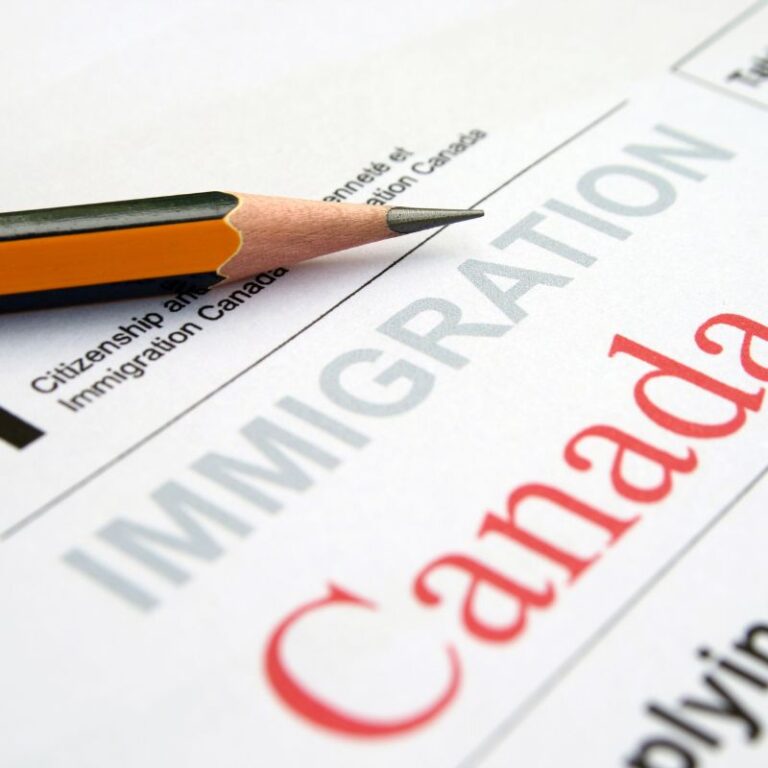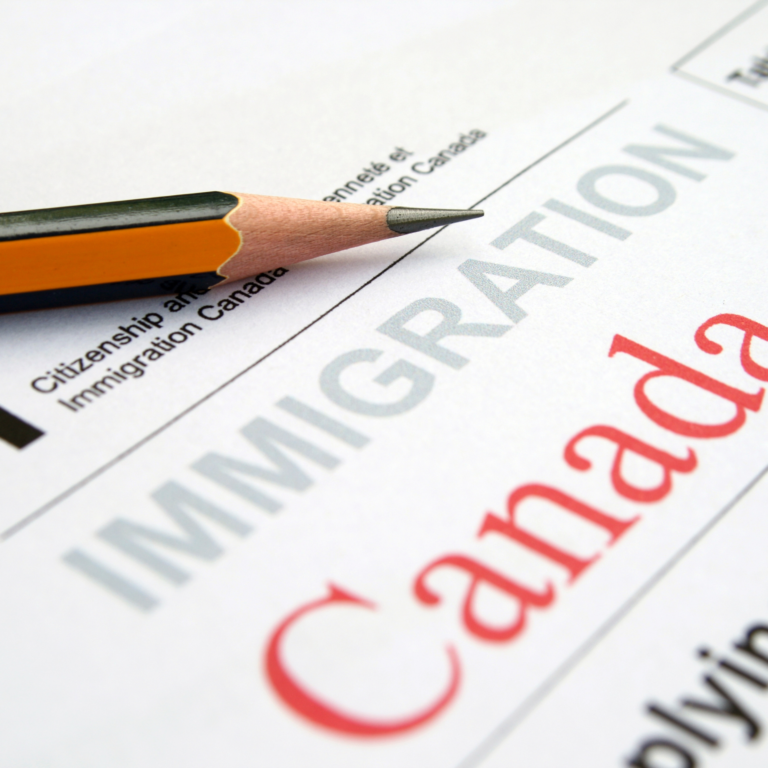Who is entitled to family reunification in Canada?

The Canadaas a pro-immigration nation, Canada strongly encourages family reunification. Canada's family sponsorship program offers Canadian citizens and permanent residents the opportunity to sponsor their relatives to live, work and study in Canada. In this article, we'll look at who is eligible for family reunification in Canada.
Who can sponsor family reunification in Canada?
To be eligible to sponsor a family member to immigrate to Canada, you must :
- Being a Canadian citizen or a permanent resident.
- Be 18 years of age or older.
- Reside in Canada.
- Have the financial means to support the sponsored person(s).
Who can be sponsored for family reunification in Canada?
Family reunification in Canada mainly concerns close family members. Who can be sponsored?
Spouses, conjugal partners and de facto partners
Canadian citizens or permanent residents may sponsor their spouse, conjugal partner or common-law partner. Spouses must be legally married. Common-law partners must have lived together in a conjugal relationship for at least one year. Conjugal partners are those who are in a permanent relationship with the sponsor but are unable to live together for reasons beyond their control.
Dependent children
Permanent residents of Canada may sponsor their dependent children, including adopted children. A dependent child is defined by Immigration, Refugees and Citizenship Canada (IRCC) as a child who is not married or in a common-law relationship and is under 22 years of age.
Parents and grandparents
Canadian citizens and permanent residents can also sponsor their parents and grandparents to immigrate to Canada. However, there is an annual quota for these sponsorships, so applications are processed on a first-come, first-served basis.
Orphaned brothers, sisters, nephews, nieces and grandchildren
In exceptional circumstances, a citizen or permanent resident may sponsor a brother, sister, nephew, niece or grandchild who is orphaned, unmarried and under 18 years of age.
Other family members
Under the "last remaining dependant" sponsorship category, you can sponsor a family member regardless of age or relationship, as long as he or she has no other living family member whom you could sponsor in Canada, and no other family member whom he or she could ask to sponsor.
Minimum Sponsorship Income Requirements
One of the most important requirements of the family sponsorship process in Canada is the sponsor's minimum income. This requirement ensures that the sponsor has the financial means to support the sponsored person(s). Requirements vary according to family size and region of residence.
Who must meet the minimum income requirements?
To sponsor certain family members to immigrate to Canada, the sponsor must meet a minimum income each year. This criterion generally applies if you are sponsoring :
- A parent or grandparent.
- A brother, sister, nephew, niece or grandchild who is orphaned, unmarried and under 18 years of age.
- Any other family member, if you do not have a spouse, common-law partner, child, parent, grandparent, brother, sister, uncle, aunt, nephew or niece whom you could sponsor instead (or who could sponsor you).
How do you calculate the minimum income required?
The minimum income requirement is based on the sponsor's total household income. This includes the sponsor's income as well as that of the spouse or de facto partner, if applicable. The minimum income amount is adjusted annually according to the Consumer Price Index.
The minimum income required to sponsor also depends on family size. This includes the sponsor, his or her spouse or common-law partner, their dependent children, anyone the sponsor has already sponsored, and anyone the sponsor plans to sponsor.
For current minimum incomes, see the table of minimum incomes required for family sponsorship on the Immigration, Refugees and Citizenship Canada website.
It is important to note that the sponsor must prove that he or she has met the minimum income requirement for the three years preceding the sponsorship application. Such proof can be provided by notices of assessment issued by the Canada Revenue Agency.
Family reunification is a wonderful opportunity, but it's essential to understand and comply with all the financial requirements to ensure a successful sponsorship process. Don't hesitate to contact an immigration expert for personalized advice and assistance.
Who can't sponsor?
While Canada greatly facilitates family reunification, certain situations may make an individual ineligible to sponsor family members to immigrate to Canada. Here are the main circumstances that can lead to a sponsorship ban:
Non-compliance with previous sponsorship obligations
If you have already sponsored parents, spouses or children to immigrate to Canada and have not fulfilled your obligations as a sponsor, you will not be able to sponsor others. These obligations usually include providing financial support to the sponsored person for a certain period of time.
Social assistance benefits
If you receive social assistance benefits for a reason other than disability, you cannot sponsor a person to immigrate to Canada. This is because the sponsor must have the financial means to support the sponsored person.
Inability to repay an immigration debt
If you have an outstanding immigration debt to the Canadian government, you cannot sponsor someone to immigrate to Canada.
Criminal convictions
If you have been convicted of certain criminal offences, including violence against a family member or a sex crime, you cannot sponsor a person to immigrate to Canada.
Insolvency
If you are currently bankrupt (i.e. you have not been discharged from bankruptcy), you are not eligible to sponsor a person to immigrate to Canada.
Non-compliance with family support orders
If you've been ordered by a court to pay child support and haven't paid, you can't sponsor someone to immigrate to Canada.
Non-payment of immigration loan obligations
If you have obtained an immigration loan from the Canadian government and have not respected the repayment terms, you cannot sponsor a person to immigrate to Canada.
These sponsorship prohibitions are designed to ensure that people sponsoring family members to immigrate to Canada are able to support them financially and are in compliance with the law. As always, it is advisable to consult an immigration professional to clearly understand all the implications and obligations associated with the sponsorship process.
Who can't be sponsored for family reunification in Canada?
There are certain situations in which a family member may not be eligible to be sponsored under the family sponsorship program in Canada. Here are some of the situations in which this may occur:
Non-direct family members
As a general rule, only direct family members can be sponsored for family reunification. This includes spouses, common-law partners, dependent children, parents and grandparents. Brothers, sisters, nephews, nieces, and orphaned grandchildren may be sponsored in certain exceptional circumstances, and other family members only if the sponsor has no close relatives who can be sponsored or who can sponsor him or her.
Spouse under 18 years of age
A spouse or conjugal partner must be at least 18 years old to be sponsored.
Non-legally married spouses
To be eligible for sponsorship, spouses must be legally married. If the marriage is not recognized in the country where it took place or in Canada, the spouse cannot be sponsored.
Non-cohabiting de facto partners
Common-law partners must have lived together in a conjugal relationship for at least one year to be eligible for sponsorship.
People with criminal or security backgrounds
Individuals with a criminal history or who pose a risk to the security of Canada may be refused sponsorship. This may include, but is not limited to, serious crimes, membership in a criminal or terrorist organization, human rights violations, and medical conditions that pose a danger to public health or safety.
People who have previously been refused immigration to Canada
If a person has previously been refused immigration to Canada for reasons other than those listed above, he or she may also be ineligible to sponsor.
Family sponsorship is a powerful way to bring your loved ones a new life in Canada. However, it's important to understand who can be sponsored to avoid unnecessary mistakes or disappointment in the process. As always, for accurate, up-to-date advice on your specific situation, it's best to consult an immigration expert.
Conclusion
In short, Canada warmly welcomes the idea of reuniting families on its soil. If you qualify as a Canadian citizen or permanent resident, you have the opportunity to sponsor your loved ones so that they can enjoy a better life in Canada. However, the immigration process can be complicated, and requires a clear understanding of current laws and regulations. It is therefore strongly recommended that you consult an immigration expert to ensure that the process runs smoothly.







